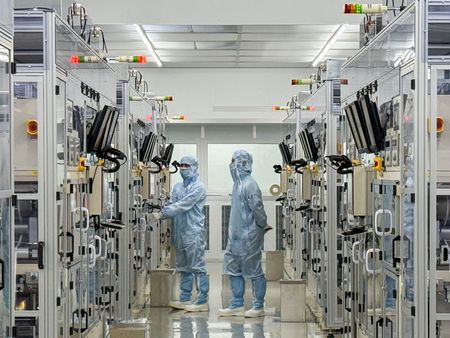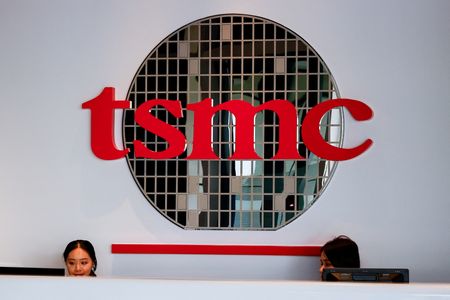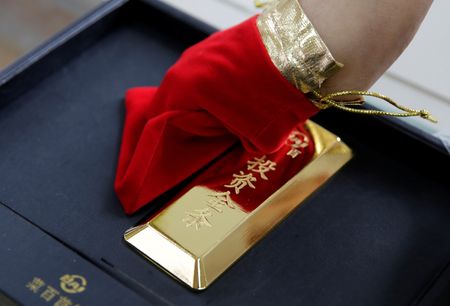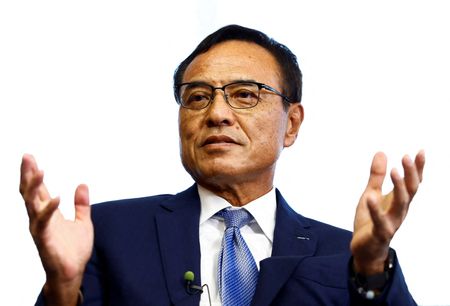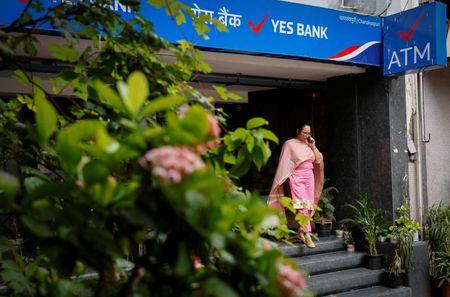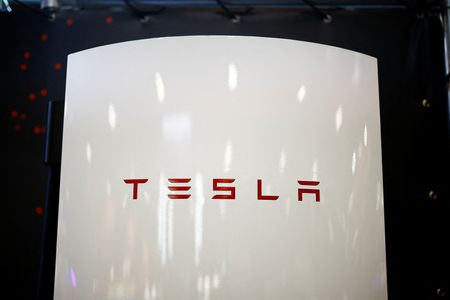By Makiko Yamazaki and Yoshifumi Takemoto
TOKYO (Reuters) -Japan has granted national security clearance to Taiwan’s Yageo for its unsolicited bid to buy Shibaura Electronics, concluding a lengthy review that underscored Tokyo’s tighter security control for sensitive technologies.
The approval removes a major hurdle to Yageo’s $740 million overture, which had faced scrutiny under Japan’s Foreign Exchange and Foreign Trade Act as Shibaura’s thermistor sensor business falls under the “core” national security category.
“Following the security clearance, we are fully confident in the successful completion of our tender offer,” Yageo said in a statement.
Yageo’s offer of 7,130 yen ($48.39) per share outpaces a rival 6,200 yen bid from Minebea Mitsumi, the Japanese components maker, which had been brought in by Shibaura as a white knight.
Yageo, the world’s largest maker of chip resistors and an Apple supplier, cleared Japan’s security review after agreeing to all conditions set forth by the Japanese government, a source familiar with the matter told Reuters without disclosing details.
The review stretched from February to September, involving two extensions and two refilings, reflecting Japan’s heightened focus on safeguarding strategic industries in line with global national security norms.
Japan typically requires foreign buyers to ensure that key businesses are not sold to third parties, two government sources said.
One of them added that Yageo accepted conditions to prevent leakage of sensitive technology, as Shibaura is part of a supply chain deemed strategically important for Japan’s national security.
The sources declined to be identified as the matter remains private.
The deal has drawn close investor attention as a test of Japan’s openness to unsolicited takeovers. While government M&A guidelines issued in 2023 have eased the stigma around unsolicited buyouts in Japan, such offers by foreign firms remain rare.
For Tokyo, the case highlighted the challenge of protecting strategic technologies without discouraging inbound investment – a priority as Japan seeks to maintain competitiveness in key industries.
($1 = 147.3300 yen)
(Reporting by Makiko Yamazaki, Yoshifumi Takemoto and Ritsuko Shimizu; Editing by Joe Bavier)

